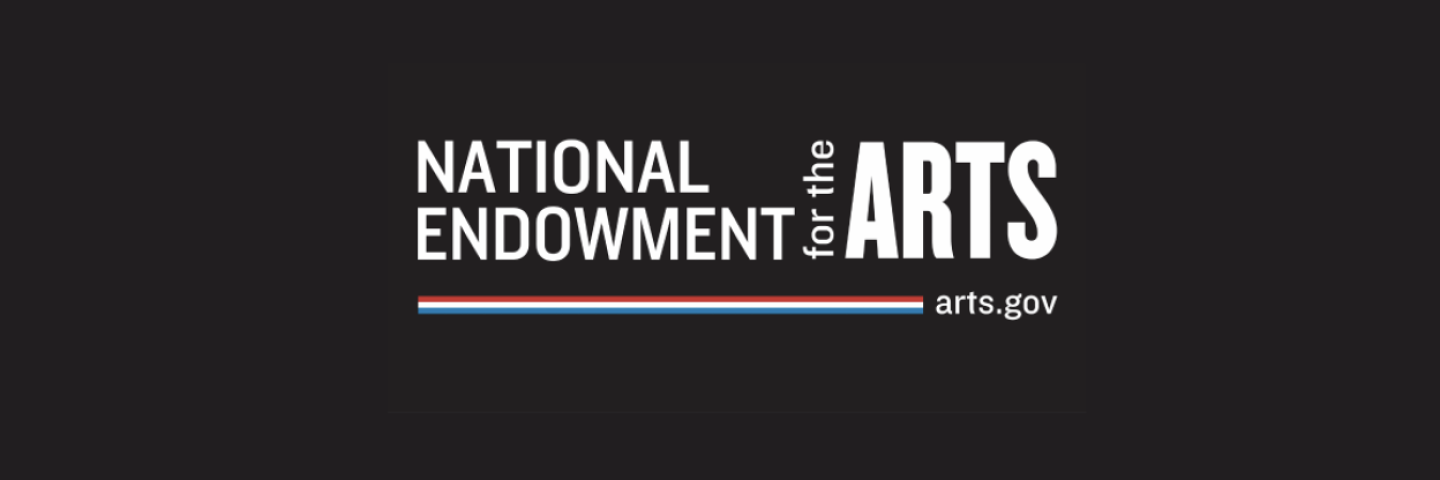Oregon Folklife Network is excited to announce an award of a 2-year National Endowment for the Arts (NEA) research grant to study the impacts of traditional arts apprenticeships on past awardees and the cultural communities they serve, with a near-term goal of improving national data collection and reporting from an equity perspective. In total, 30 NEA Research Labs are operating nationwide. OFN is one of only two new Research Labs recommended for funding this round.
NEA Research Labs are grounded in the social and behavioral sciences and support transdisciplinary research teams investigating the value and impact of the arts for the benefit of both the arts and non-arts sectors. The team will share its findings and resources through conference panels, webinars, and digital reports. OFN’s research design includes partnerships with Texas Folklife, New York Center for Traditional Music and Dance (contributing data), Live Oak Consulting (analyzing data), and Western States Arts Federation (producing the final report)
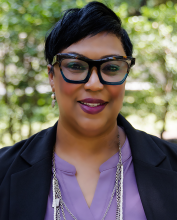
Dr. Elisha Oliver is the Executive Director at Texas Folklife.
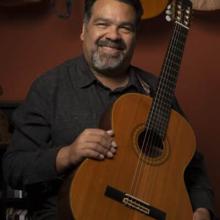
Eugene Rodriguez is the Executive Director of the Los Cenzontles Cultural Arts Academy
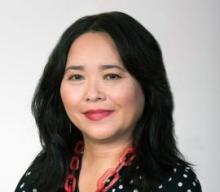
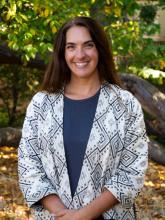
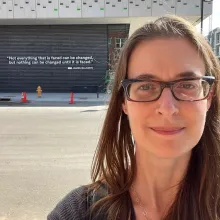
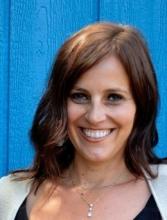
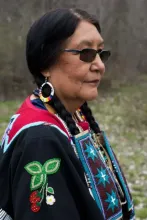
Due 4/30
2024 Jan-Apr: We publicly announced our award and then scheduled recurring monthly partner meetings but found that the work with University of Oregon’s Sponsored Projects Services had a longer learning curve than expected including a sub-award portal and getting oriented to Institutional Review Board (IRB) protocols, which we had thought were waived but apparently not. Monthly partner meetings were largely getting re-oriented to the scope of work, methods, etc. Texas Folklife had a change of executive director and program coordinator since applying for the Lab, so this meant reassembling a team from that site.
Due 7/31
May-Jul:
We submitted a proposal for a panel at the 2024 American Folklore Society Annual Meeting to share updates on the lab in November. We met with UO Library staff to explore Data Management systems. Given our small though complex data set (n=15), we decided on a well-constructed excel spreadsheet over a complex system like Dedoose. We developed our Consent form and distributed it to the partners. We sent links of the required Institutional Review Board (IRB) training to the team. Texas Folklife delegated Marco Guareno, Apprenticeship Program coordinator, to work with the data.
Our partners meet monthly to prepare for and attend the NEA Research Summit. We then conducted a follow-up with foundation funders.
Due 10/31
Jul-Oct:
During this time we completed ethics training and got approval from the IRB to start our research
We also assembled advisory team members along with sending W9s for contracts. The Folk Arts partners secured access to data. We the met with multiple different organizations for said data. Such as Live Oak for quantitative and qualitative data to submit for analysis, Creative West to get a timeline for our report. Furthermore, we conducted a follow-up with our future funders from the NEA Research Summit. Unfortunately, it was quite difficult to maintain momentum with just monthly meetings.
Nov-1/31/2025
Due to only having monthly meeting we lost quite a bit of time reiterating what we forgot since last meeting.
To fix this we coordinated 2025 Working Group meetings and established optional weekly working group hours; The Folk and Traditional Arts partners complete transcript excerpts and enter data with thematic tags. Our Partners then prepared and presented the research at the American Folklore Society (AFS) panel. Attendance was full at this panel and there were many great questions asked. Finally, we revised our deadlines.
2025
Feb-Mar: In Quarter 1 our Advisory Board met to establish benchmarks. Live Oak Consulting then shared their initial evaluation with the Quarter 5 working groups. We then submitted our AFS 2025 panel proposal and NEA Lab proposal. Finally, we began working on Phase 2 of our NEA Lab proposal.
April-June: One of our partners Creative West will be collaborating with Live Oak Consulting on drafting the Final Report so that the Quarter 6 working groups can provide us with feedback. We also need to extract some webinar assets such as infographics, slides, scripts. We will also be collaborating with the Folk and Traditional Arts Partners on these webinars.
Jul-Sep: Live Oak Consulting and the Quarter 7 working groups will guide our methodology. The Folk and Traditional Arts partners are going to deliver webinars on preserving Americas cultural treasures. Finally, we need to prepare once again for the AFS panel.
Oct-Dec: The Folk and Traditional Arts partners will deliver a National Counsel for Traditional Arts webinar. After we need to attend the AFS panel. Quarter 8 working groups then approve the final version of our Report and all deliverables. Finally, we are then able to Deliver our NEA Lab Report.
Atkinson, P. (2015). Folk Arts Apprenticeship Analysis. Nevada Arts Council.
Auerbach, S. (1996). In Good Hands: A Portrait of State Apprenticeship Programs in the Folk & Traditional Arts, 1983-1995. National Endowment for the Arts.
Dartt, D. (2019). Looking back, looking forward: A Granting Evaluation. Native Cultures Fund. https://liveoaknative.com/evaluation/
Floroney, R. (2016). Nationwide Folklife Programs Study: Understanding the Infrastructure of the Field in 2015- 2016. American Folklife Society. https://cdn.ymaws.com/www.afsnet.org/resource/resmgr/Best_Practices_Rep…
Glaser, B. G., & Straus, A. L. (1967). The Discovery of Grounded Theory: Strategies for Qualitative Research. Aldine Transaction.
Holler, J. L. R. (2021, January 8). Equity Budgeting & Ownership: First Principles + Core Praxes. Caledonia Northern Folk Studios. https://oldelectricity.medium.com/equity-budgeting-ownership-?rst-principles-core-praxes6d6d531a2cbe
Kitchner, https://actaonline.org/wp-content/uploads/2022/11/acta_tendingthetaproo…
Malloy, C. L. (2017). Qualitative Analysis Project Findings: Folk and Traditional Arts Partnership Grants. National Endowment for the Arts. www.arts.gov/sites/default/?les/Folk-Arts-Partnerships-Qualitative-Anal…
National Endowment for the Arts. (2019). Living Traditions: A Portfolio Analysis of the National Endowment for the Arts’ Folk & Traditional Arts Program. https://www.arts.gov/sites /default/?les/Living-Traditions.pdf
Peterson, E. (1996). The Changing Faces of Tradition: A Report of the Folk and Traditional Arts in the United States. National Endowment for the Arts. https://www.arts.gov/sites/default/?les/Changing-Faces-of-Traditionland…
Smith, L. T. (2013). Decolonizing Methodologies: Research and Indigenous Peoples.
Zed Books., Zane, N., Berger, L., & Wong, G. (2010). Evaluation of The Alliance for California Traditional Arts Apprenticeship Program. University of California, Davis. https://www.actaonline.org/wpcontent/uploads/2019/06/ap_evaluation.pd
